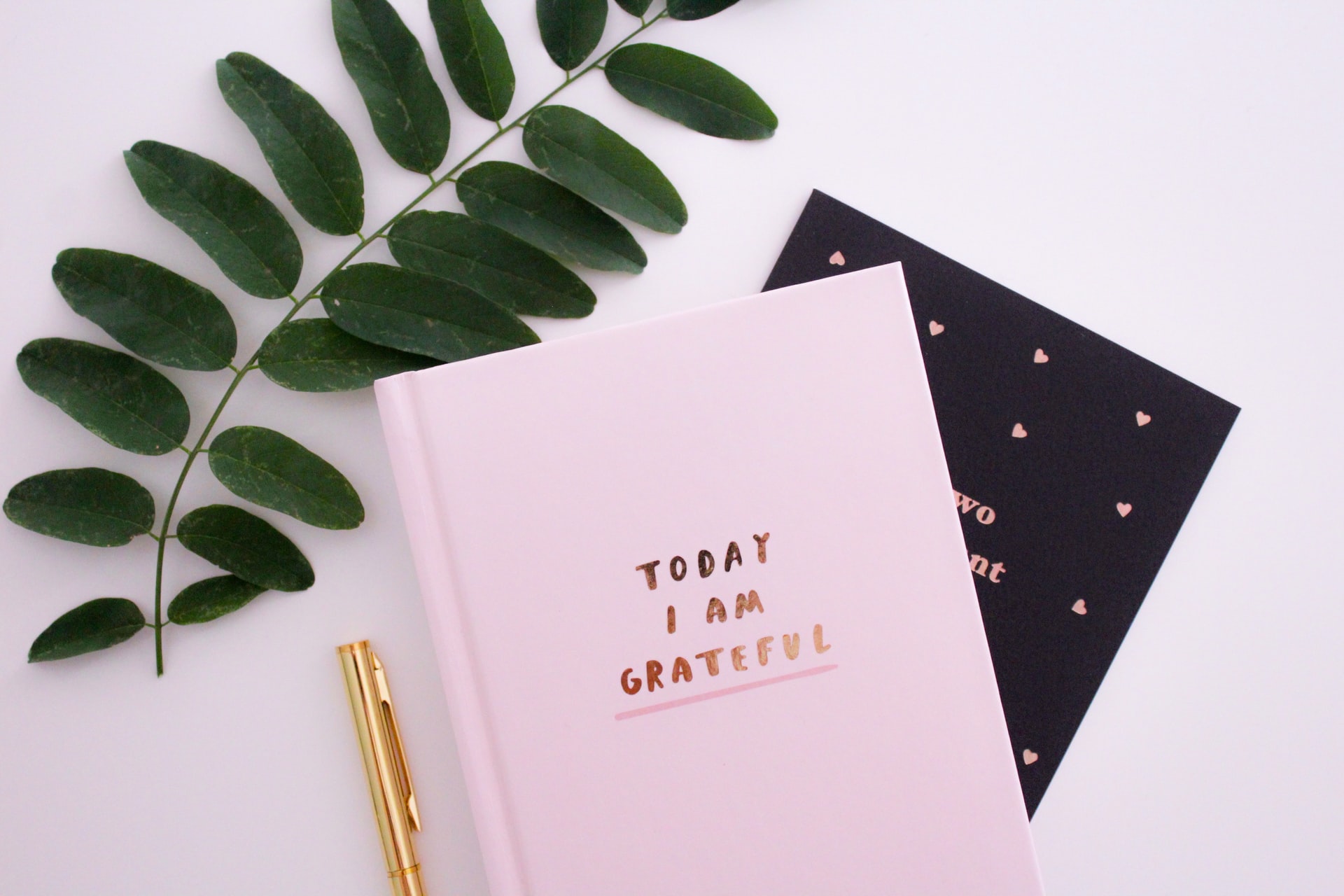What is gratitude?
In November, we may hear the words “thankful” and “grateful” more than usual in light of the Thanksgiving holiday. We are yet again reminded of the things we are grateful for, a nice change amidst many negative developments in the world. Yet, for some of us, the holidays may be accompanied by increased distress and negative feelings. This is where gratitude can actually help us the most. Gratitude is a thankful appreciation, the acknowledgement of the good in our lives. We are all capable of practicing gratitude and research indicates that seeing the “good” can actually increase the “good” we feel.
What does research say about gratitude?
A series of well-known studies were conducted by Dr. Robert A. Emmons of the University of California, Davis, and Dr. Michael E. McCullough of the University of Miami in 2003 which examined the effect of a grateful outlook on physical and psychological well being. Those who practiced gratitude exhibited heightened well-being across several of the outcome measures, with positive affect being the most profound (Emmons & McCullough, 2003). Research has also shown that gratitude can reduce the likelihood of having suicidal thoughts (Kleiman et. al., 2013). A Canadian study examined college students suffering from insomnia and had them implement a daily gratitude journal for a week; results indicated that the intervention led to less worrying, improved sleep, and even reduced physical problems (Digdon & Noble, 2011). In recent years, more attention has been directed towards gratitude and its impact on our wellbeing. Another study published in 2020 during the COVID-19 pandemic examined how gratitude can promote wellbeing in urban college students in the United States, finding that practicing gratitude could be used to protect the students’ subjective wellbeing as well as help them better cope with the adversity of the pandemic (Bono, Reil, & Hescox, 2020). In sum, research indicates that gratitude can enhance our overall sense of wellbeing.
Ways to practice gratitude!
Practicing gratitude doesn’t have to be a long, complicated process-in fact, it can be incorporated into our daily lives in simple ways. Many people keep a gratitude journal with them, starting their day by jotting down a few things that they are grateful for. These could be names of people in our lives who bring us joy and support us, good health, our home, our pets, our job, our education, even gratitude for our morning coffee. The beauty in a gratitude journal is that it is entirely unique to each person, reflecting the richness in our lives, even down to the small details. We can think of new things to be grateful for each day, while some points on our list may remain constant. It’s simple, it’s fast, and it’s free!
We can also practice gratitude for people through verbal expression. We can call people who mean a lot to us-whether that is family, friends, or colleagues. Even a simple sentiment, such as thanking someone for the work they do or the ways in which they support you can go a long way. It makes us feel good, makes them feel good, and in turn enhances our relationships with those we express our gratitude to.
Many people practice gratitude through mindfulness meditation. It is simply the practice of reflecting on the aspects of our lives that we are appreciative of while moving through a guided breathing exercise. While some of these gratitude meditations encourage us to focus on people we are thankful for in our lives, other meditations may ask us to think of a beautiful place we are thankful to have visited. Others may ask us to appreciate how far we have come in the course of a recovery process from hardship we have faced in our lives. In this way, we can show gratitude for ourselves and our own positive attributes.
Gratitude isn’t an answer to all of our problems, but a great way to take some control, structure, and happiness back into our lives. It can be a great addition to other supports we have in our lives such as mental health care and community support. By adopting a gratitude mindset and being intentional about putting it into practice, we can actually program ourselves to see the good in our lives, thus enhancing our wellbeing.
Online Resources
Positive Psychology.com – provides 66 gratitude journal ideas and templates.
The Upward Spiral – a positive psychology book written by UCLA professor Alex Korb, PhD which contains a chapter on gratitude.
Head Space – provides a free, 10 minute gratitude and appreciation meditation.
References
Bono, G., Reil, K., & Hescox, J. (2020). Stress and wellbeing in urban college students in the U.S. during the COVID-19 pandemic: Can grit and gratitude help? International Journal of Wellbeing. Retrieved October 28, 2021, from https://www.internationaljournalofwellbeing.org/index.php/ijow/article/view/1331.
Digdon, N., & Koble, A., (2011). Effects of constructive worry, imagery, distraction, and gratitude interventions on sleep quality: A pilot trail. Applied Psychology: Health and Well-being, 3(2): 193-206.
Emmons, R., & McCullough, M. (2003). Counting blessings versus burdens: An experimental investigation of gratitude and subjective well-being in daily life. Journal of personality and social psychology. Retrieved October 28, 2021, from https://pubmed.ncbi.nlm.nih.gov/12585811/.
Kleiman, E. M., Adams, L. M., et.al., (2013). Grateful individuals are not suicidal: Buffering risks associated with hopelessness and depressive symptoms. Personality and Individual Differences, 55(5):595-599.


